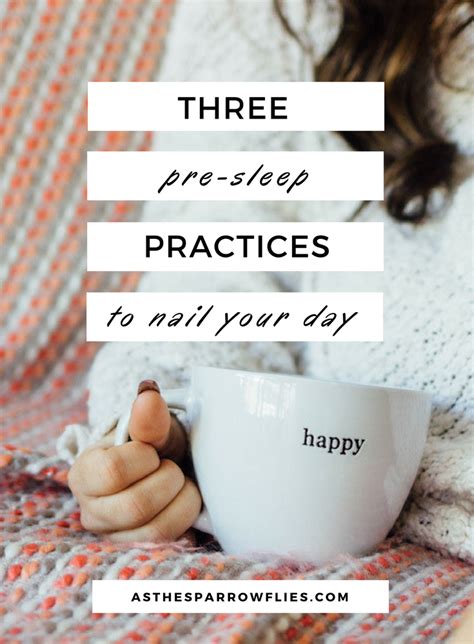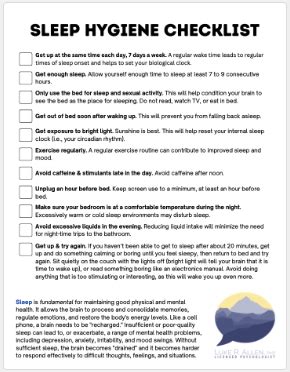Best pre-sleep routine for deep sleep?

Achieving deep, restorative sleep is crucial for overall health, cognitive function, and mood regulation. While many factors influence sleep quality, a well-structured pre-sleep routine can significantly prepare your body and mind for a night of profound rest. This article will guide you through building an effective routine to maximize your chances of entering that coveted deep sleep stage.

Understanding Deep Sleep
Deep sleep, also known as slow-wave sleep (SWS), is a critical phase where your body repairs itself, consolidates memories, and strengthens the immune system. A lack of deep sleep can lead to fatigue, impaired concentration, and a weakened immune response. Therefore, establishing habits that promote this stage is paramount.
Establishing a Consistent Sleep Schedule
One of the most powerful tools for deep sleep is regularity. Going to bed and waking up at the same time every day, even on weekends, helps to regulate your body’s natural circadian rhythm. This consistency signals to your body when it’s time to wind down and when it’s time to be alert, optimizing the release of sleep-inducing hormones like melatonin.
The Golden Hour: Wind-Down Activities
The hour or two before bed should be dedicated to calming activities that signal to your brain it’s time to transition from activity to rest. Avoid stimulating tasks like intense exercise, work, or stressful discussions during this period.
Dim the Lights and Ditch the Screens
Exposure to blue light from electronic devices (phones, tablets, computers, TVs) suppresses melatonin production, making it harder to fall asleep. Aim to switch off screens at least 60-90 minutes before bed. Instead, dim the lights in your home to create a soothing ambiance that encourages natural melatonin release.

Relaxing Bath or Shower
Taking a warm bath or shower about 90 minutes before bed can aid sleep. The initial warmth increases body temperature, but the subsequent cooling down period after you get out mimics the natural drop in body temperature that occurs as you prepare for sleep, promoting drowsiness.
Mindfulness and Meditation
Engaging in a short meditation session or mindfulness exercises can calm a busy mind, reduce anxiety, and prepare your brain for rest. There are many guided meditations specifically designed for sleep that can be highly effective.
Gentle Stretching or Yoga
Light stretching or restorative yoga can release physical tension accumulated throughout the day. Avoid vigorous exercises, but gentle movements can help relax muscles and promote a sense of calm.

Reading a Physical Book
Unlike screens, reading a physical book under soft light can be incredibly relaxing and help transition your mind away from daily stressors. Choose something engaging but not overly stimulating.
Optimizing Your Sleep Environment
Your bedroom should be a sanctuary for sleep. Focus on these three elements:
- Darkness: Block out all light using blackout curtains or an eye mask. Even small amounts of light can disrupt melatonin production.
- Quiet: Minimize noise with earplugs, a white noise machine, or a fan.
- Cool Temperature: Most sleep experts recommend a room temperature between 60-67°F (15-19°C) for optimal sleep.

Dietary Considerations
- Avoid Caffeine and Alcohol: Steer clear of caffeine several hours before bedtime. While alcohol might initially make you feel drowsy, it disrupts sleep cycles later in the night.
- Light Dinner: A heavy meal close to bedtime can cause indigestion and keep you awake. Opt for a light, easily digestible dinner a few hours before sleep.
- Herbal Teas: Chamomile, lavender, or valerian root teas can have calming effects.
Consistency is Key
The true power of a pre-sleep routine lies in its consistency. It takes time for your body to adapt and fully benefit from new habits. Experiment with different activities to find what works best for you, and then stick with it every night. Over time, your body will associate these actions with sleep, making it easier to drift into deep, restorative slumber.

Conclusion
A dedicated pre-sleep routine is not a luxury but a fundamental component of good health. By incorporating consistent timing, calming wind-down activities, and an optimized sleep environment, you can significantly enhance your ability to achieve deep sleep. Invest in your evenings, and you’ll reap the rewards of improved physical and mental well-being every morning.









